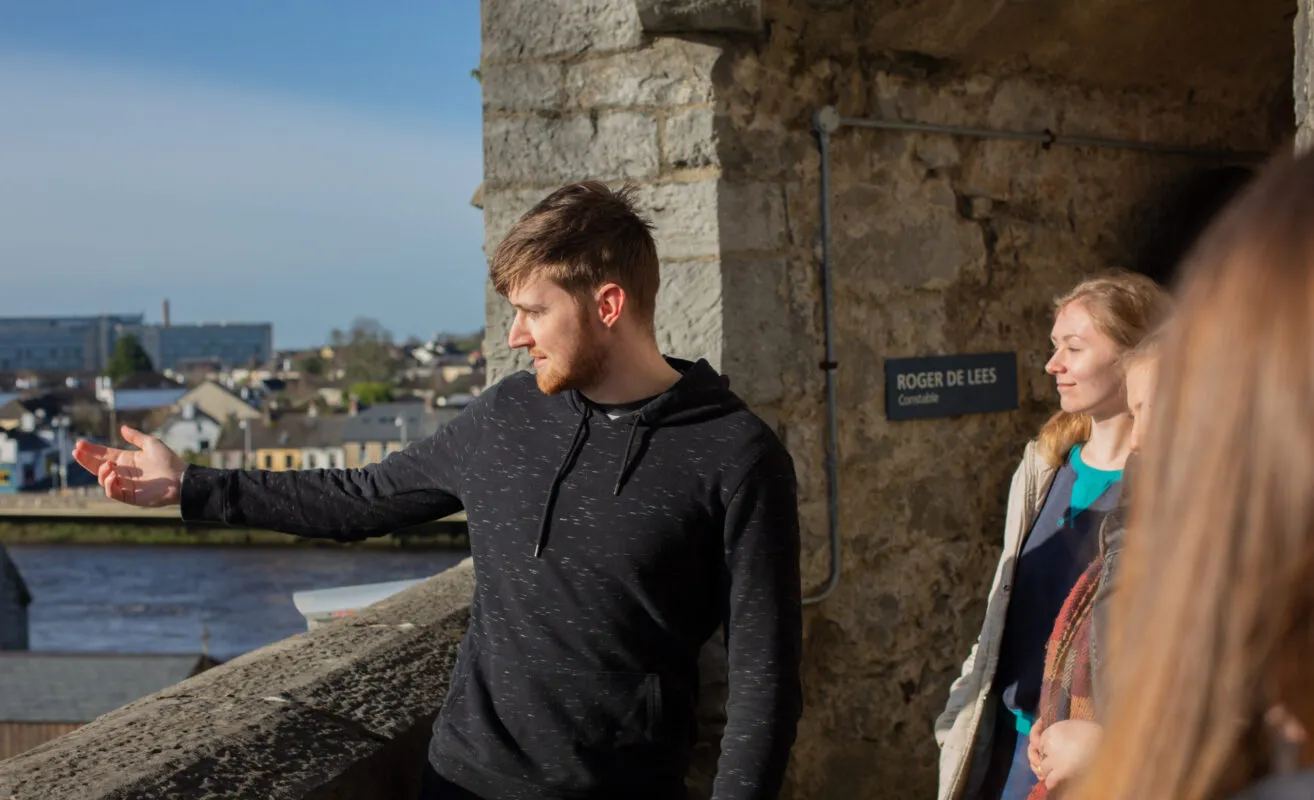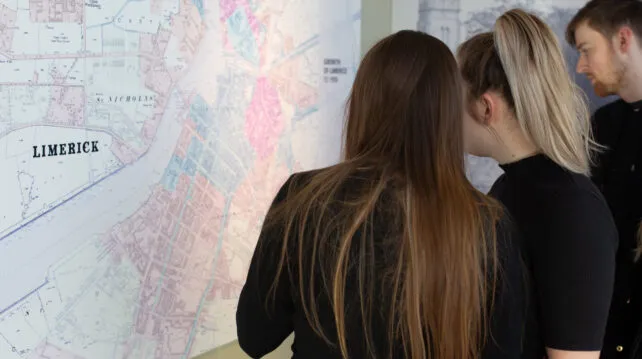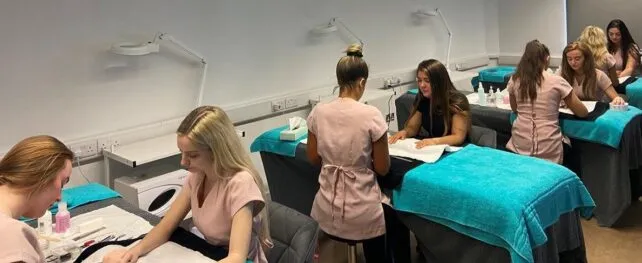What are the entry requirements?
Leaving Certificate
A minimum of 2 H5 & 4 O6/H7 grades in six Leaving Certificate subjects, including English or Irish.
Foundation Level Mathematics at grade F2 or higher is acceptable as meeting the Mathematics requirement for this programme.
Mature Applicants
Candidates applying as mature applicants may be required to attend an interview and may be requested to take an aptitude test to prove their suitability for a place on this programme.
International Applicants
International applicants should apply directly to the International Office at TUS, allowing plenty of time for completing the visa process. Applications for September start should be made by 1st June at the latest to ensure visas are processed in time. You should familiarise yourself with visa processing times for your country of origin to ensure you make a timely application. Find out more here.





